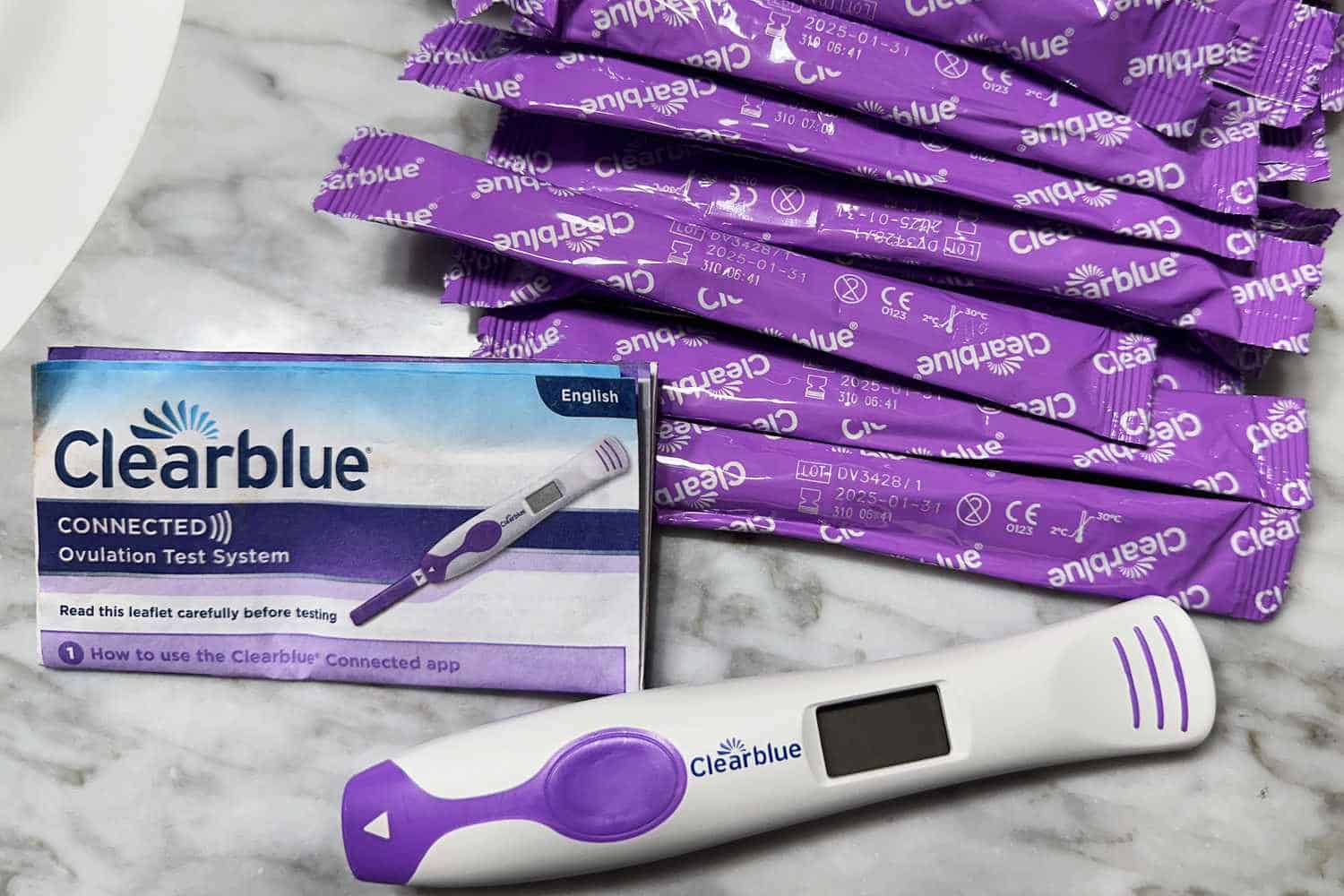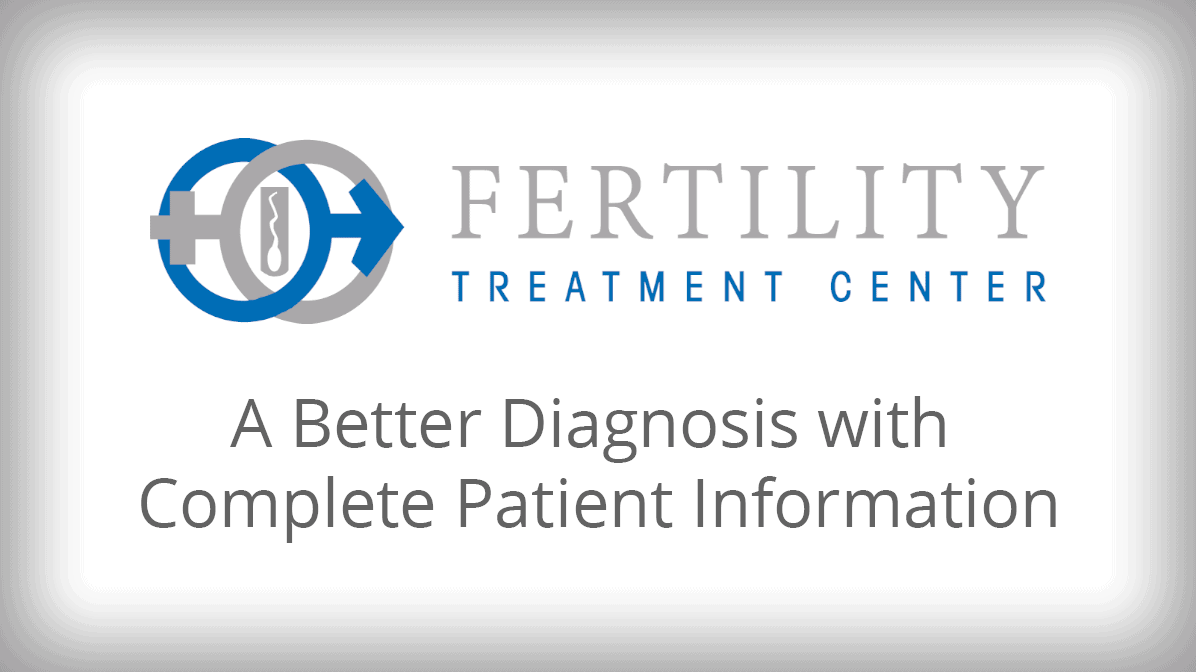If you’ve been trying to get pregnant for several months without success, you may want to try using an ovulation predictor kit. This is a great, non-invasive first step to taking control of your fertility.
Ovulation predictor kits work by measuring the luteinizing hormone (LH) present in your urine. LH levels surge 24 to 48 hours before the release of an egg, so by identifying this surge, you can time intercourse to maximize your chances of getting pregnant.
How accurate are ovulation predictor kits?
When used correctly, ovulation predictor kits are about 99% accurate. Be sure to follow the directions on the kit as to what time of the day to test your urine and at what point in your cycle to start testing. If you have an irregular cycle, it can be difficult to determine when to start testing. Use your shortest cycle length. Another option is to wait until you notice a build-up in cervical mucus before beginning to test.
What if I don’t detect a surge in LH?
If you test for several weeks and do not detect a surge in LH, the likelihood is that you did not ovulate. Continue testing. Some months in a woman’s cycle are anovulatory, and this is normal.
Sometimes a small LH surge precedes the real LH surge that triggers ovulation, especially in women with polycystic ovarian syndrome. This can throw off your timing.
Some women have a condition called Luteinized Unruptured Follicle Syndrome (LUFS), where the surge in LH occurs, but an egg is not released.
When should I time intercourse?
Ovulation occurs one to two days after the LH surge, and sperm can live up to five days inside the body. Therefore, it is recommended to time intercourse 3 days after a positive test.
Can certain medications or medical conditions affect the test?
If you are pregnant, have recently been pregnant, or are in menopause, the test will not be accurate. Certain fertility drugs will also affect the result. If you are on fertility medications, you should talk to you doctor about the best time to use an ovulation predictor kit.
If you have recently stopped taking hormonal contraceptives, it can take a little while for your cycle to regulate. It is recommended to wait until you have had two normal periods before testing.
How soon can I test for pregnancy?
Although it is tempting to test right away, you should wait until you have missed one period before taking a pregnancy test. Pregnancy tests detect the hormone hCG, and it will take awhile for your hCG levels to get high enough to show up on a pregnancy test.
What if I don’t get pregnant?
There are many, many reasons why a woman has difficulty becoming pregnant. If an ovulation predictor kit does not work for you, make an appointment with our fertility team for further testing.



